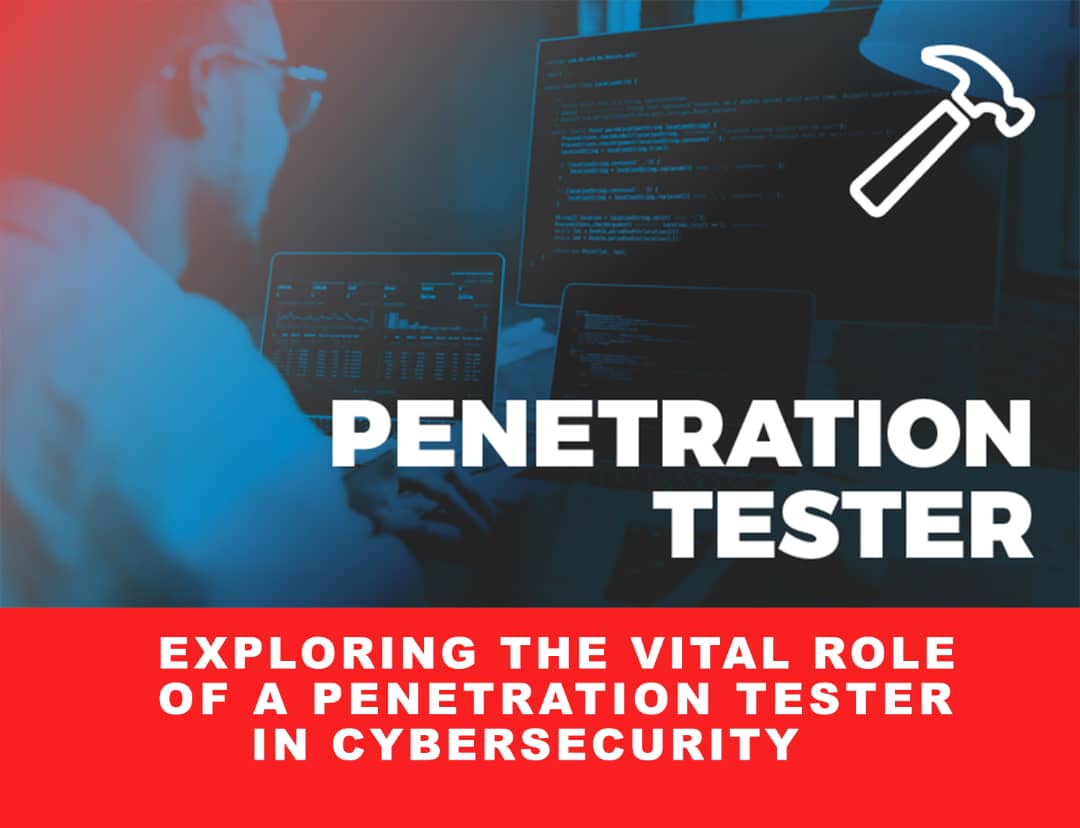
In the ever-evolving world of cybersecurity, the role of a penetration tester has become increasingly vital. In an era where digital threats lurk around every corner, these professionals serve as the vanguard against potential breaches and vulnerabilities. This article delves into the intricate world of penetration testing, exploring its significance, methodologies, and the skills required to excel in this essential cybersecurity domain.
The Crucial Function of a Penetration Tester
Often referred to as ethical hackers, penetration testers play a critical role in identifying weaknesses within computer systems, networks, and applications. Instead of malicious intent, their aim is to locate vulnerabilities before malevolent actors can exploit them. This proactive approach allows organizations to fortify their defenses and safeguard sensitive data effectively.
Unveiling the Significance of Penetration Testing
1. Enhancing Security Posture
The primary goal of penetration testing is to enhance an organization’s security posture. By systematically probing systems for vulnerabilities, penetration testers provide invaluable insights that enable organizations to address these weaknesses before they can be exploited.
2. Meeting Regulatory Requirements
Various industries are subject to stringent compliance standards, such as HIPAA (Health Insurance Portability and Accountability Act) or PCI DSS (Payment Card Industry Data Security Standard). Penetration testing helps organizations meet these requirements by identifying vulnerabilities that could potentially lead to non-compliance.
3. Safeguarding Reputation
A single data breach can have catastrophic consequences for an organization’s reputation. By conducting regular penetration tests, companies demonstrate their commitment to data security, which in turn fosters trust among customers, partners, and stakeholders.
The Penetration Testing Process: A Closer Look
- Planning and Reconnaissance: Penetration testers begin by thoroughly understanding the organization’s infrastructure, objectives, and potential entry points for cyber attacks.
- Scanning: In this phase, automated tools are utilized to scan the target environment for vulnerabilities, including open ports, misconfigurations, and outdated software.
- Gaining Access: Ethical hackers simulate real-world attacks to exploit identified vulnerabilities and gain access to the system. This step helps them understand the potential impact of a breach.
- Maintaining Access: Once access is acquired, penetration testers aim to retain control over the compromised system, mimicking the actions of a malicious attacker.
- Analysis and Reporting: Detailed analysis of the findings is conducted, and a comprehensive report is generated. This report outlines the vulnerabilities, potential consequences, and recommended strategies for mitigation.
- Remediation: Organizations use the insights from the report to implement necessary measures, addressing the identified vulnerabilities and strengthening their cybersecurity posture.
The Skill Set Required for Effective Penetration Testing
- Technical Proficiency: A deep understanding of programming languages, networking protocols, and various operating systems is paramount for successful penetration testing.
- Creative Problem-Solving: Penetration testers must think outside the box to identify potential vulnerabilities and develop innovative strategies to exploit them effectively.
- Ethical Mindset: Given their unique access to sensitive information, ethical conduct and a strong sense of responsibility are crucial traits for any penetration tester.
- Continuous Learning: The ever-changing landscape of cybersecurity demands ongoing learning and skill enhancement to stay up-to-date with the latest threats and countermeasures.
In a world where cyber threats are ever-present, the role of a penetration tester has never been more critical. These professionals serve as the guardians of digital security, ensuring that organizations are well-prepared to face the challenges of the modern digital landscape. By proactively identifying vulnerabilities and offering strategic solutions, penetration testers empower businesses to thrive in the face of potential cyber attacks. As the digital realm continues to evolve, these ethical hackers remain at the forefront, committed to preserving the integrity and security of our interconnected world.
- Tags:
- Career Path
- Pentration Tester